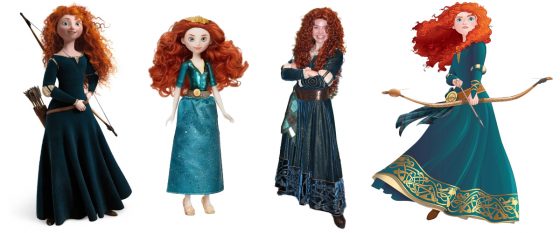
We live in a bizzar age when fantastical dissembling is presented as truth. It is left up to us as people to figure out what is real and what is not. And it is a very hard skill to master.
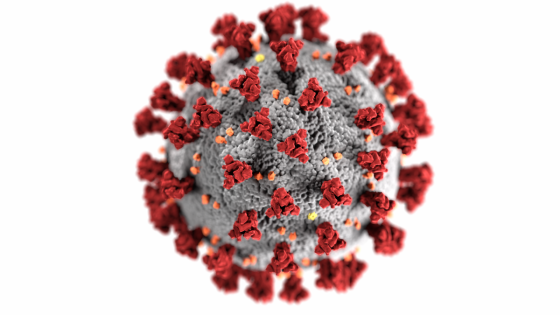
After four years of dodging COVID, we finally succumbed. It’s a nasty virus and, after two weeks in bed, I’m just starting to be able to write again. I did read a few books while sick, and I wasn’t fond of any of them! I didn’t find the characters interesting, and the storylines were boring, and frankly I didn’t see a point in the narrative. There were too many names and characters all introduced up front and I couldn’t keep track of who was who and why I should care. Given how I felt, I can’t leave reviews — I was in the wrong frame of mind. But it was interesting in retrospect. All readers are different. It’s not only our abilities, it’s our cultural backgrounds, our language skills, our availability to read at times when we are able to process information easily, our time in general. There are readings that are just like candy — fun and delicious. And there are those that are “good for you.” And, of course, there are books and articles that we read for professional advancement. All require different support structures to make the reader’s task easier. Indexes, bibliographies, just-in-time lookups, dictionaries, note taking,…

It’s a Father’s Day weekend, and we have a lot to celebrate. My son’s graduation ceremony is on Father’s Day! He earned his doctorate in physics! He is also a great dad to a little girl and his birthday is a day before. It’s a full weekend of joy! Fatherhood can be complicated and all complicated things make great stories. I’ve considered which of my books has the most interesting father story and decided that Mirror Shards must be the one. So I’ve setup a giveaway of that ebook on Amazon for the next 5 days. Happy Father’s Day! When we are young, our conscious thoughts rarely extend beyond the immediate reality of our lives — playing with toys, visiting playgrounds, eating snacks, and receiving love and attention from our parents. Children seldom think beyond the next day or two. The ability to envision a longer future signifies maturation. As we grow older, our mental horizons broaden, we become more aware of the world, develop an interest in others, and learn to plan for the future. Yet, as we age, these horizons often narrow again. Some interpret this as a kind of selfishness of old age, but it truly reflects…

It is less than 600 hours until the 2020 elections. The last four years (longer, really, due to all of the campaigning for the 2016 elections) have been exhausting. If ever the world needed a lesson about the curse of “may you live in interesting times,” we got it these past years. The pandemic, the economy, the ugly politics all combined to make it so difficult to actually do the things we love to do. The outside world takes so much emotional, intellectual, and physical energy, that there is very little left for creative life, not to mention family and friends (whom we don’t get to see in person until next summer if we are lucky). But it’s important to stay productive. It is important to follow one’s passions, whatever they are. For humans, mere survival has never been enough. We’ve been crawling into the deepest caves to leave imprints of our imagination for posterity for many many thousands of years. Humans are born to create wonders. Here’s an example from almost 30,000 years ago and a mile deep into a French mountain: Clearly, people told stories to each other for millennia and found imaginative ways of saving them for…
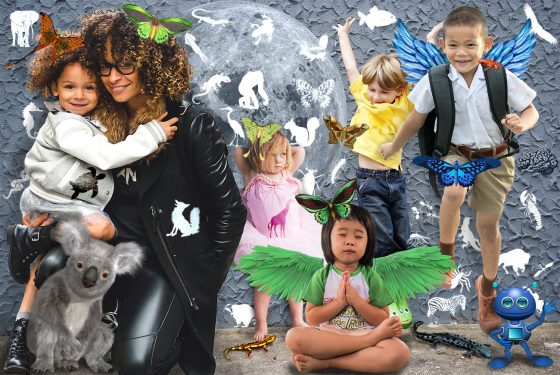
Learning and Teaching I will start with learning. One of the tragic things about this pandemic is that our kids are missing out on education. This can’t be helped — schools are hotbeds for viruses. It is common wisdom that a new elementary school teacher needs to survive the first few years of being continuously ill — little ones love to share hugs and kisses and snot, all in equal measure. But after a few years of coming to school every day, teachers develop monster immune systems…parents not so much. So schools had to be closed — the world has no immunity to COVID 19. And the only way things get back to normal is when we ALL get immunity to this virus. We can get it by getting sick or by getting a vaccine. The vaccine is still a year away if we are lucky. Acquiring immunity through illness is like playing Russian Roulette — you might be one of the lucky ones or you might become a physical or cognitive cripple…and that’s forever! So schools will be closed for a very long time. And parents are stuck at home, homeschooling their children — not the job anyone really…
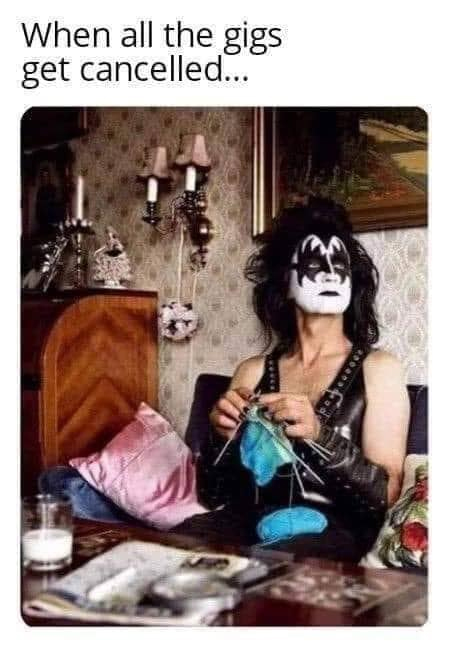
We are week two into isolation, living in a social distancing dystopia. Everything is strange. Our eating and sleeping habits, our daily routines, our physical workouts, and our work and school schedules and setups are all completely disrupted. It feels like we are living in wartime, and yet it’s Spring outside. The bombs are not dropping on our heads. The flowers are blooming… This disconnect between what we experienced based on our higher-function reasoning (as presented by newsmedia, social media, crazy conversations with friends and family) and what we sense directly through our eyes and ears is very difficult to reconcile. People are dying (they really are) and yet you can take an evening stroll outside and smell the flowers. Doctors are sharing horrific tales of shortages and insanity in their hospitals, and yet the birds are singing and the sun warms our skin. It feels crazy! This is emotional dissonance. Mammals like us humans are not built for prolonged stress — it destroys our systems. We are “designed” for short bursts of adrenaline as a lion stalks us down the savanna. Worrying day after day is very destructive to our health. For those who would like to read more…
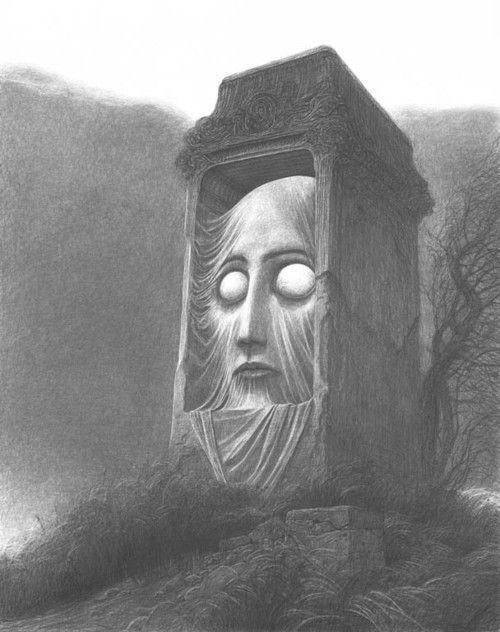
I moved from New York to California in 1989, the year the Bay Bridge collapsed due to a powerful earthquake, the year all those people died, the year I was run over by a car while crossing the street, the year I was supposed to have gotten married but learned that my fiancé was cheating on me with my best friend. Those were just the highlights, there was much more insane stuff that happened but if I wrote it down, no one would believe it to be a true story. My life, that year, was an overwrought soap opera. It was my year of emotional pandemic. But it got better. I learned to walk again. I got my doctorate. I met the love of my life. I had two amazing kids. And now I even get to imagine whole universes in my head. I live a pretty amazing life. I’m very lucky. But it was a journey. 1989 was my year of living dangerously — I read every doomsday apocalyptic dystopian novel I could get my hands on. Literature saved my life, literally! If not for the ability to escape into another world, into another life, I would have not…